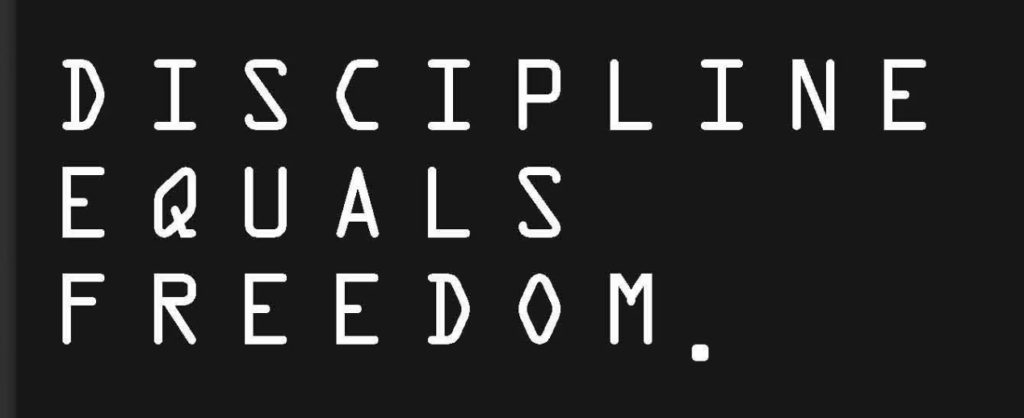The year 2023 has unfolded in an extraordinary way for me. In January’s first week, my wife and I embarked on a marathon at Disney, our first since 2015. This time, our Florida vacation was exceptionally splendid. Breaking away from our norm of choosing the most economical accommodations, we indulged in staying at Disney’s Contemporary Resort.
On this trip, I deviated from our usual practice of renting basic cars and chose a Mustang instead. Although we were fortunate to have my friend Silvio host us for a part of our stay, I generally prefer to economize. However, this occasion was an exception.
Further into the year, I participated in a Spartan race. My performance exceeded my expectations, particularly considering my age and historical challenges with many of the race’s obstacles. I was immensely proud of this achievement.
A highlight of the year was our trip to Spain, where we celebrated our twentieth wedding anniversary. The two weeks we spent there have etched into my memory as a treasured experience.
Professionally, the year was marked by significant achievements as well. Following a reorganization at my company, I took on the responsibility of managing a new team in the Cloud Engineering division. This team plays a critical role in our company’s product development and daily operations.
In the realm of personal development, I managed to read 66 books. While this number falls short of the 125 I read last year, it remains a commendable accomplishment.
Some might perceive my recounting of these events as boastful. Perhaps it is, to some extent. However, what I truly intend to convey is that all these remarkable experiences and accomplishments are the fruits of countless hours dedicated to mundane routines, disciplined repetition, and consistent effort.

A monotonous life.
Behind these achievements lies a life of routine, often perceived as monotonous.
As Alex Hormozi aptly puts it, ‘Extraordinary accomplishments come from doing ordinary things for extraordinary periods of time.’ My life since early 2022, and even before that in preparation for our trip to Spain, epitomizes this sentiment. It may seem unexciting to an onlooker.
The journey began in 2021 when I initiated the planning for our twentieth-anniversary trip. Crafting a budget and diligently saving money meant making sacrifices and foregoing certain luxuries. Our lifestyle became more restrained; restaurant visits became rare, travel was minimal, and cinema trips ceased altogether.
Deciding to run the marathon required even greater financial discipline, as we were saving for not one, but two significant trips. Consequently, our social engagements were further reduced, aligning seamlessly with the demands of marathon training.
Training for a marathon is a commitment few are willing to make. It involves countless hours of running, often indoors on a treadmill due to the harsh Canadian winters. But it’s more than just running; it encompasses a rigorous diet, ample rest, and a strict avoidance of unhealthy foods like sweets and alcohol, sustained over several months.
In parallel, I was focused on professional growth. Aiming to enhance my leadership and managerial skills meant investing time in reading, studying, and introspection.
My daily routine for the past two years has been a testament to discipline: waking up at 4:15 AM for a regimen of reading, studying, meditating, training, and working, followed by more reading before retiring around 7:30 PM. This routine, which includes maintaining a single meal a day, is repeated six days a week.
Had I started this post detailing these aspects of my life, it might have deterred many readers. A life of such structured routine and discipline isn’t commonly sought after. However, it’s this very foundation that underpins the desirable outcomes of enjoyable vacations, physical fitness, and career advancements.
A recent tweet resonated with me: ‘There is no easy way. Only hard work, late nights, early mornings, practice, rehearsal, repetition, study, sweat, blood, toil, frustration, and discipline.’ This encapsulates the essence of my journey.
Start practicing today.
Don’t wait for the new year or Monday to begin. Identify an important goal for yourself and devise an action plan.
Set your goals, establish a consistent routine, and focus on the process. Accept that there will be hard days, but don’t give up. The reward will come in time.
Remember, extraordinary comes from the ordinary sustained day after day. Your future achievements will be determined by the choices you make now.
—
